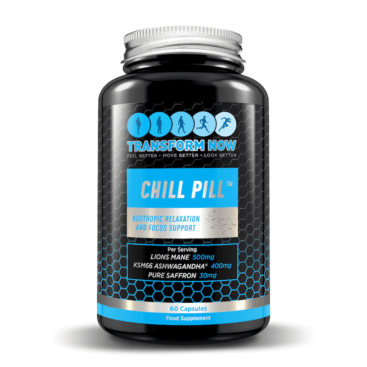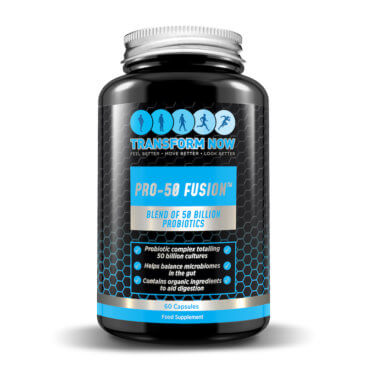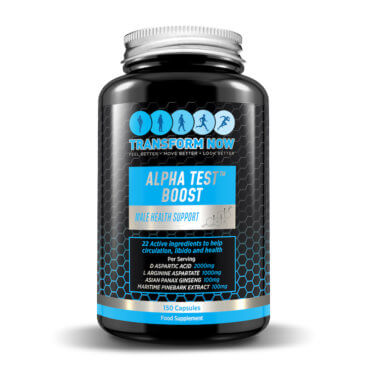Additionally, the hormone has other vital functions as the basic chemical composition of testosterone is steroidal; and steroids are known to have significant physiological, as well as psychological, effects in male individuals, especially adults.
Testosterone production is reduced gradually in men starting from the age of 30 (Golon, Scovell and Ramasamy, 2015). Hence, testosterone blood concentrations slowly diminish as age progresses. As a result, men may experience a number of physiological and psychological events, such as a lack of sex drive, erectile dysfunction, acute depression, fatigue, low energy levels, and insomnia.
Elevated testosterone levels have been demonstrated to increase the growth of body muscles and contribute to better activation of the nervous system, resulting in more power and strength, a better mood, enhanced libido, and many other benefits.
Previous researches done on the anabolic role of testosterone and its impact on muscular strength in training-induced adaptations has provided rather conflicting findings, and a positive correlation between testosterone-mediated responses and both functional performance and body composition was found.
There are a number of naturally occurring substances that can boost testosterone levels in the body. Foods containing such substances are known as testosterone-foods; and they tend to be rich in vitamins, antioxidants, and minerals like zinc, which plays a key role in testosterone production.
Anabolic-androgenic steroids (AASs) are synthetic derivatives of testosterone that are commonly used among athletes aged 18-40 years, but many reports have demonstrated the presence of numerous toxic and hormonal effects as a result of long- term use of an AAS.
Testosterone-foods act as natural libido boosters. Due to the growing interest in herbal ingredients and other dietary supplements worldwide, the use of testosterone boosters is becoming more and more mainstream amongst males with various levels of success, however, several side effects have been documented (Almaiman,2018) which including hepatic dysfunction.
Almaiman AA. Effect of testosterone boosters on body functions: Case report. Int J Health Sci (Qassim). 2018;12(2):86-90.



